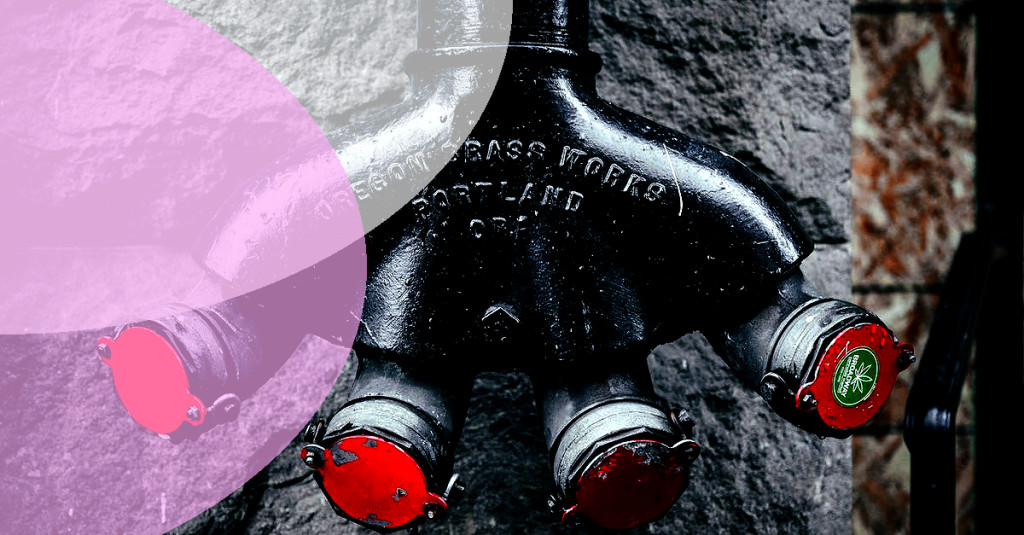A Beginner's Guide to Installing a Toilet

Contents
As a homeowner or someone looking to polish their DIY skills, learning how to install a toilet is an essential task. No need to panic! This comprehensive guide will navigate you through every step of the process, ensuring that you're well-equipped to take on an excellent in-home project. And who knows? You might just end up saving a fair bit of money on plumbing charges. So grab your toolbox and let's dive in!
Toilet Types and Choosing the Right One for You
- Toilet Types and Choosing the Right One for You
- Must-Have Tools for Your Toilet Installation
- The Step-by-Step Guide to Installing Your Toilet
- Making Sure Your New Throne is Ready for Duty
Must-Have Tools for Your Toilet Installation

There is a myriad of toilet types available in the market. Knowing which type suits your needs is crucial before purchasing and installing one. The main types include:
- Two-piece toilets: These come in separate bowl and tank components, making them easier to handle and transport.
- One-piece toilets: The tank and bowl are fused into a single unit, providing a sleek and modern appearance.
- Wall-hung toilets: This type saves valuable floor space and offers a streamlined, minimalistic appeal.
- Corner toilets: A space-saving design for tight spaces or uniquely shaped bathrooms.
While this article focuses on the installation process, make sure to choose the right toilet for your bathroom, considering factors such as size, design, and efficiency.
The Step-by-Step Guide to Installing Your Toilet

Before you tackle the toilet installation, gather the following tools and materials:
- Adjustable wrench
- Measuring tape
- Level
- Screwdriver
- Hacksaw
- Wax Ring
- Toilet anchor bolts
Having all the necessary tools within reach will make the process efficient and stress-free.
Step 1: Remove the Old Toilet
Now that you're equipped with the right tools and knowledge, let's explore how to install your toilet in detail.
Step 2: Prepare the Flange
Related articles
Turn off the water supply to the toilet by turning the shut-off valve clockwise. Flush until there's no more water in the tank and then disconnect the water supply line using the adjustable wrench.
Step 3: Install the New Wax Ring and Anchor Bolts
Remove the wax ring from the old toilet with a putty knife and clean the flange thoroughly. Inspect the flange for damage; if it's cracked or broken, consider replacing the toilet flange before installing the new toilet.
Step 4: Place the Toilet Bowl
Place the new wax ring on the flange and insert the anchor bolts into the flange's slots.
Step 5: Install the Toilet Tank
Carefully align the toilet bowl with the anchor bolts and lower it into position, compressing the wax ring. Slightly rock the bowl back and forth to create a seal with the wax ring. Don't overtighten the nuts on the anchor bolts, as it may crack the porcelain.
Step 6: Connect the Water Supply Line
With a two-piece toilet, place the rubber gasket on the base of the tank, align the mounting holes with the bowl, and secure it using the tank bolts and washers. One-piece toilets skip this step, as the tank is pre-attached.
Step 7: Adjust the Fill Valve
Reattach the water supply line to the fill valve on the base of the tank. Tighten it snugly to prevent leakage but avoid overtightening.
Making Sure Your New Throne is Ready for Duty
Turn on the water supply and let the tank fill up. Adjust the fill valve as needed to set the appropriate water level (usually indicated on the inside of the tank).
With the installation complete, it's time to test your handiwork. Flush the toilet and check for leaks at the base of the bowl and around the water supply connection. If you find any leaks, you may have to reposition the wax ring or tighten nuts or connections.
Congratulations! You have now successfully installed a toilet. Give yourself a well-earned pat on the back and embrace your newfound abilities in DIY home improvement. This guide is a foundation for a wide range of plumbing projects that lie ahead, so embrace your inner plumber and keep learning. After all, knowledge is power (and excellent at saving money)!





